Teeth Grinding (Bruxism): Causes, Symptoms, and Treatment Options
What is Teeth Grinding (Bruxism)? Why Do We Grind Our Teeth?
Teeth grinding, also known medically as "bruxism," is a behavior that mostly occurs unconsciously during sleep. It involves the grinding or clenching of teeth and can be seen in both children and adults. This condition can lead to tooth wear, jaw pain, and, in the long term, issues with the jaw joint.

What Are the Causes of Teeth Grinding?
There can be many reasons for teeth grinding, and these can vary from person to person. Here are some of the most common causes of teeth grinding:
Stress and Anxiety: Stress, work pressure, or personal problems in daily life can cause clenching of the teeth during sleep. Stress and anxiety are among the most common causes of bruxism.
Sleep Disorders: Certain sleep disorders, such as sleep apnea, can also trigger teeth grinding. During sleep, pauses in breathing and their resumption can cause the body to clench the jaw muscles as a reaction.
Bite Alignment Problems: Misalignment between the upper and lower teeth during closure can also lead to teeth grinding. In such cases, the jaw muscles experience unnatural pressure, leading to clenching.
Certain Medications and Diseases: Some medications affecting the nervous system or neurological disorders like Parkinson's disease can also cause bruxism.
What Are the Symptoms of Teeth Grinding?
Here are some common symptoms of teeth grinding:
- Pain around the jaw, face, or ears in the morning
- Tooth wear and sensitivity
- Sounds coming from the teeth during sleep
- Stiffness or pain in the jaw joints
What Are the Treatment Methods for Teeth Grinding?
The treatment for teeth grinding may vary depending on the individual’s condition. Here are some treatment methods recommended by our dentists in a clinical setting:
Night Guard (Dental Protector): Custom-made night guards can prevent damage to the teeth during sleep, protecting the teeth from grinding against each other and relaxing the jaw muscles.
Stress Management: For stress-induced bruxism, techniques like yoga, meditation, or relaxation methods may be suggested. Reducing stress can help decrease the severity of teeth grinding.
Dentist Intervention: If there is a misalignment in the bite, your dentist may use various treatment methods to correct this condition.
What Happens if Teeth Grinding is Not Treated?
If bruxism is not treated, it can cause permanent damage to the teeth. Serious problems such as pain and stiffness in the jaw joints, wear of the tooth enamel, and even tooth loss may occur. Therefore, it is crucial to consult a dentist when symptoms of teeth grinding are noticed.
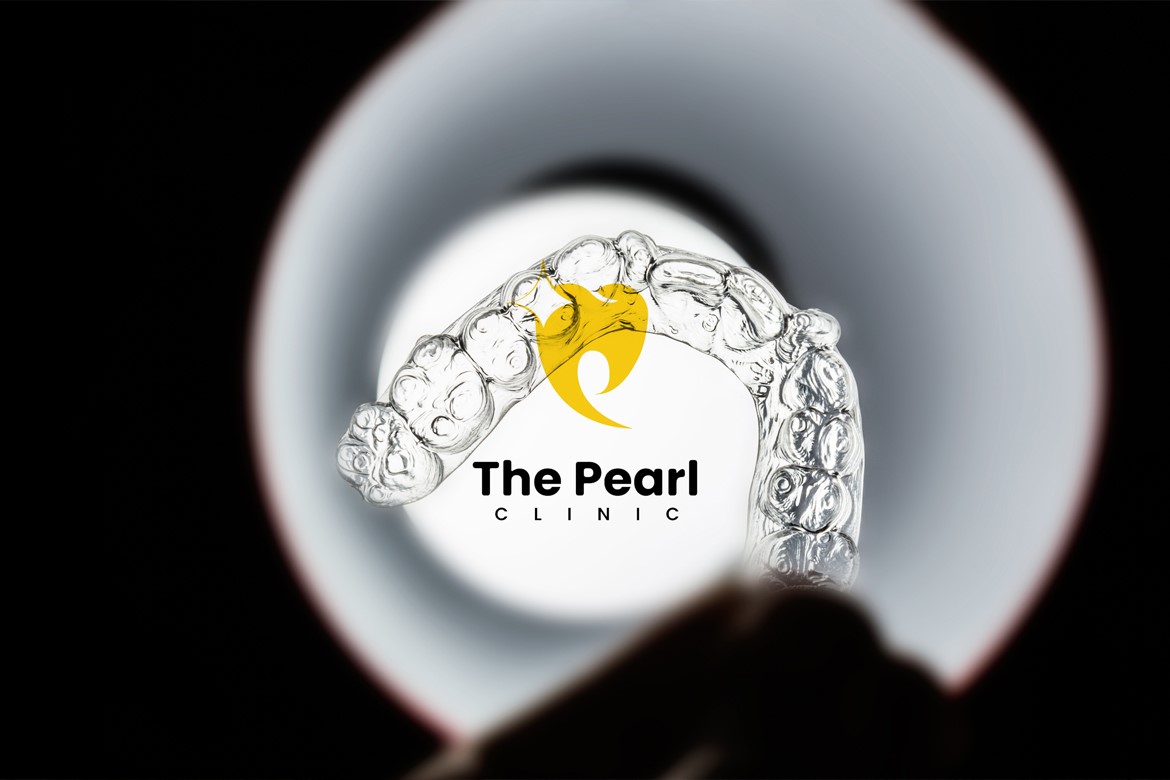

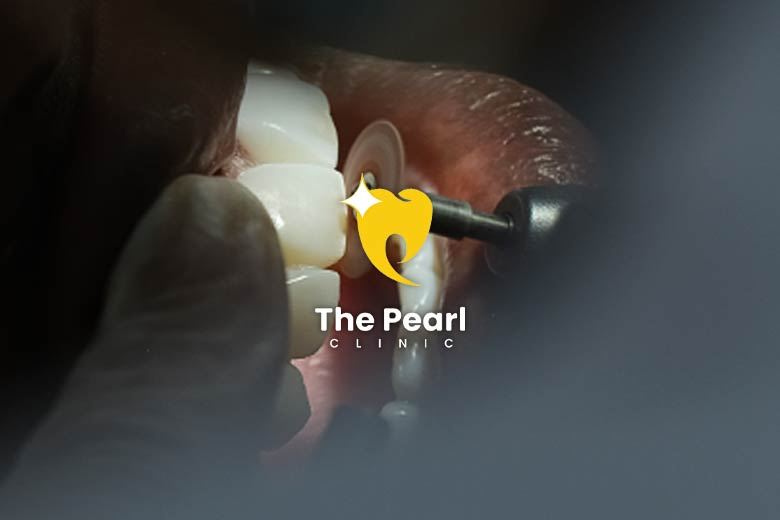

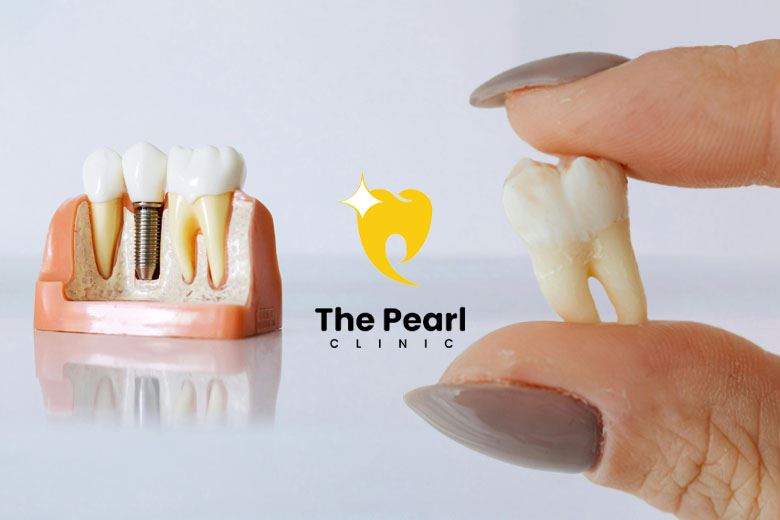
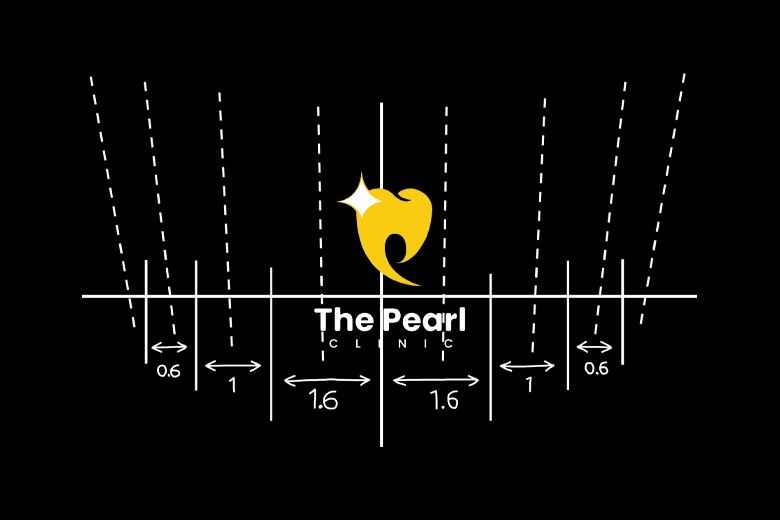
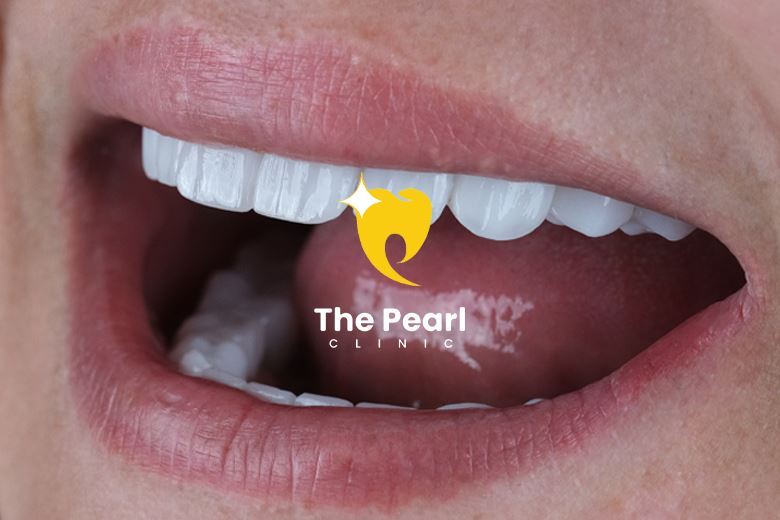



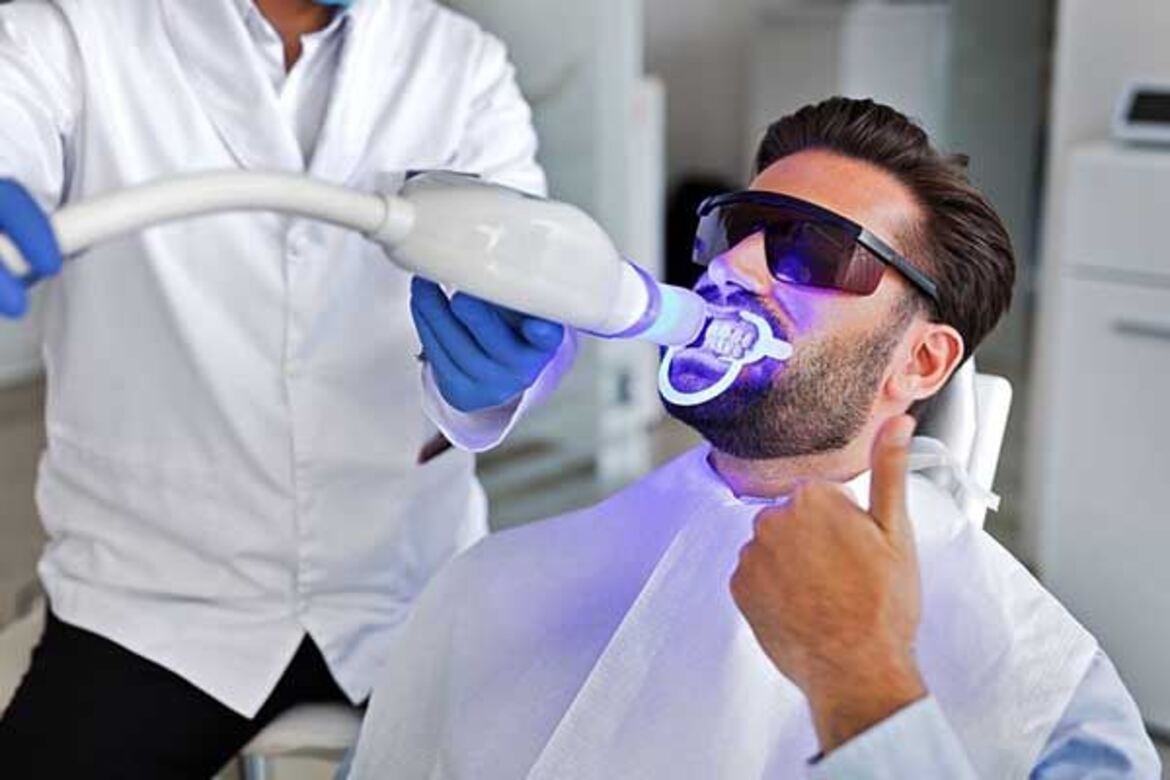


Do Comment